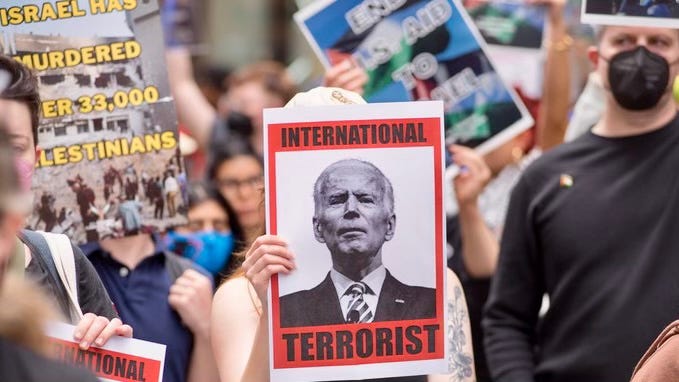Poll Popularity Plummet
German poll confirms declining US popularity in Asia, Middle East & North Africa, Putin twice as popular as Biden, US induces Pacific “micro-states” to vote against Palestinian UN membership.
Popularity of US falling globally
While both China and Russia have improved their standing in the world over the past year, the US has seen its approval rating deteriorate in the Middle East and even in Europe, according to respondents from 53 countries. Dubbed the Democracy Perception Index 2024, the survey was compiled by the German company Latana, on …





